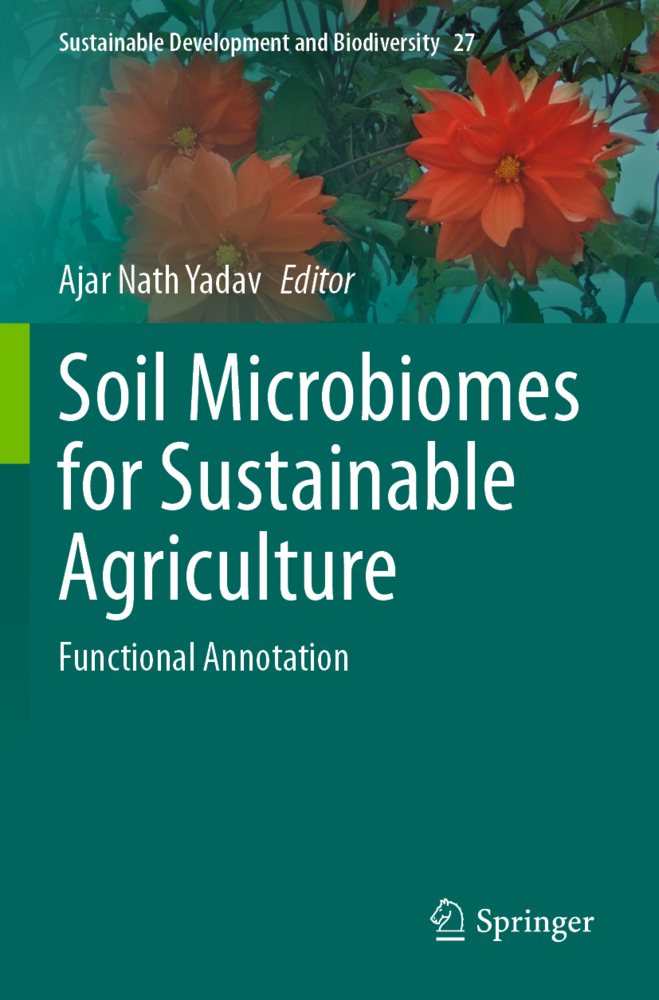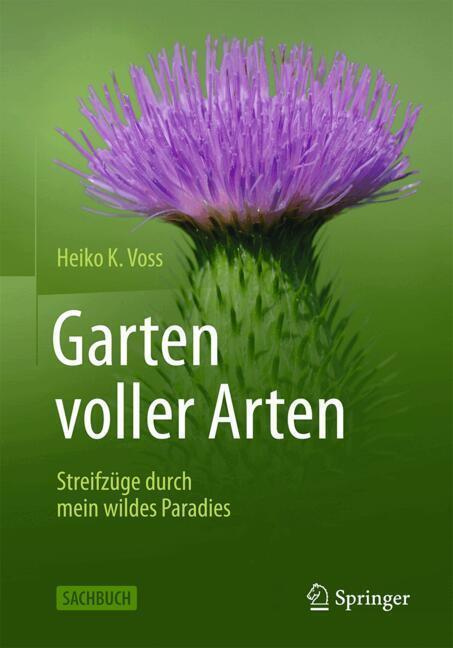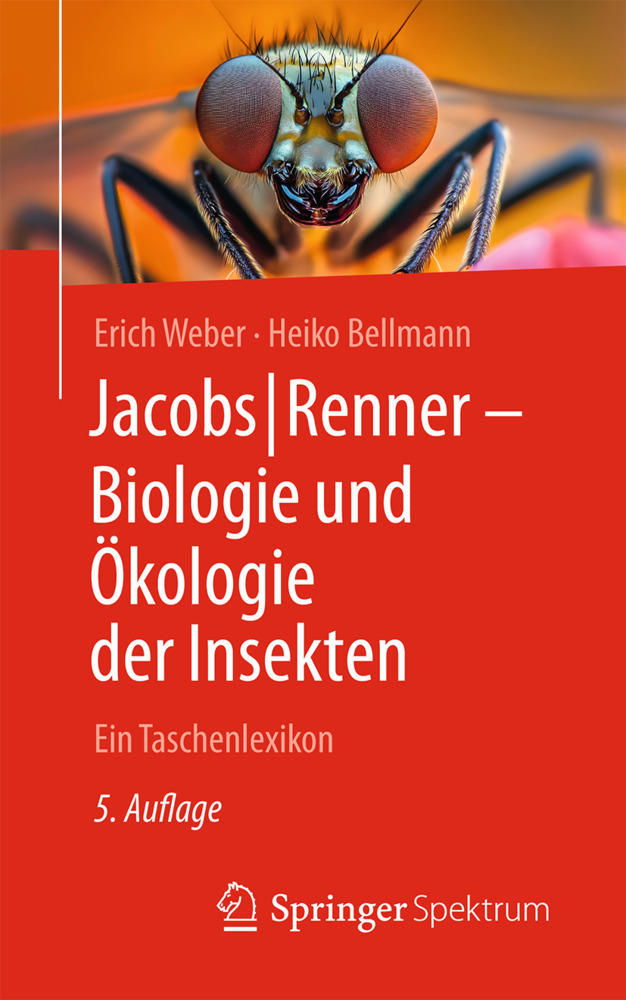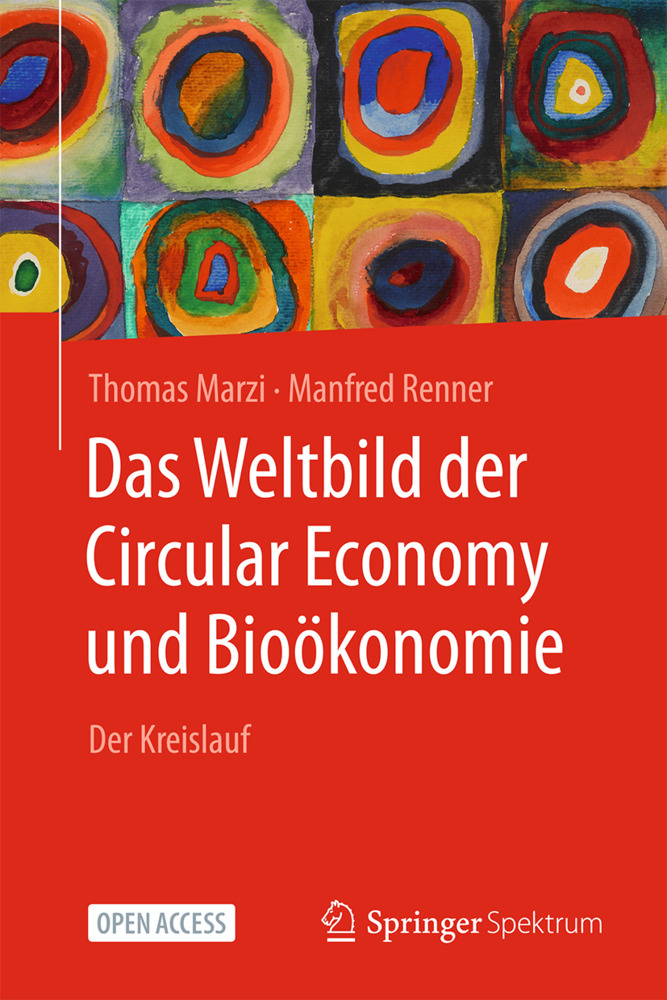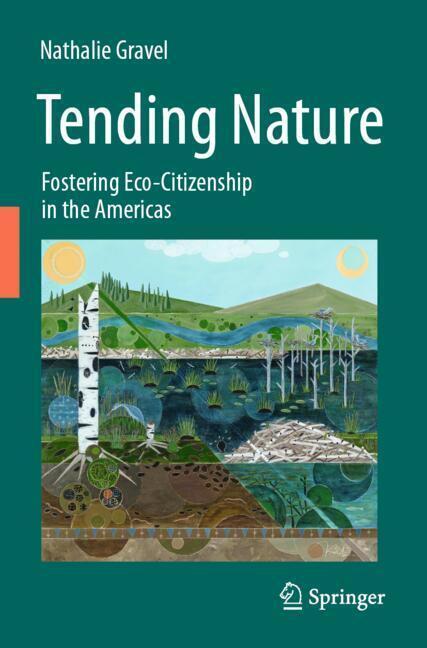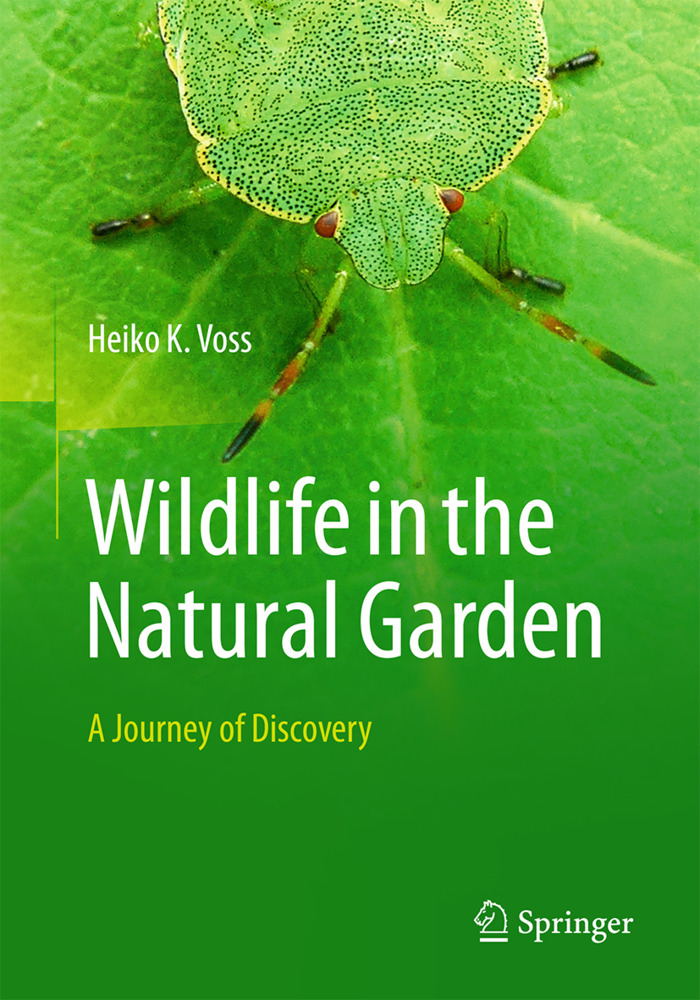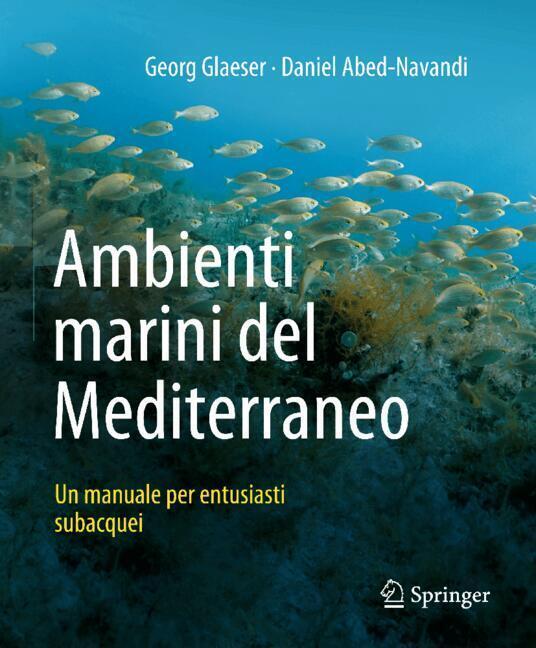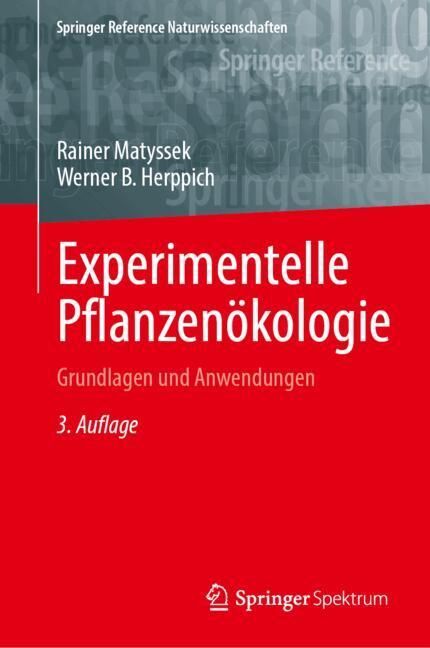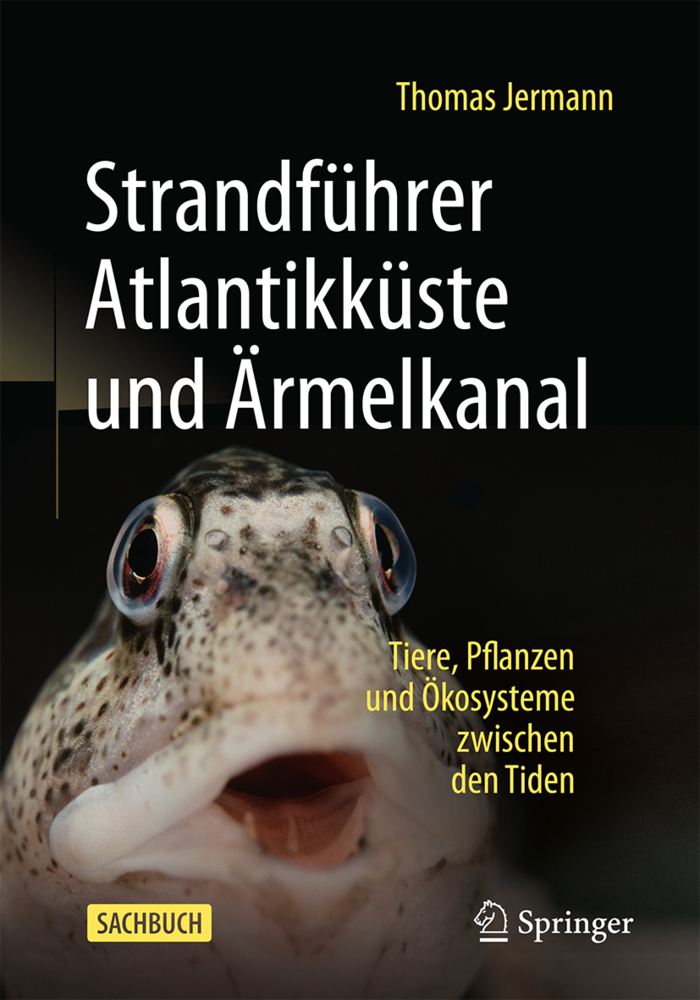Soil Microbiomes for Sustainable Agriculture
Functional Annotation
Soil Microbiomes for Sustainable Agriculture
Functional Annotation
This book encompasses current knowledge of soil microbiomes and their potential biotechnological application for plant growth, crop yield, and soil health under the natural as well as harsh environmental conditions for sustainable agriculture. The microbes are ubiquitous in nature. The soil is a natural hotspot of the soil microbiome. The soil microbiome plays a critical role in the maintenance of global nutrient balance and ecosystem functioning. The soil microbiomes are associated with plant ecosystems through the intense network of plant-microbe interactions. The microbes present in bulk soil move toward the rhizospheric region due to the release of different nutrients by plant systems. The rhizospheric microbes may survive or proliferate in rhizospheric zone depending on the extent of influences of the chemicals secreted into the soil by roots. The root exudates contain the principal nutrients factors (amino acids, glucose, fructose, and sucrose). The microbes present in rhizospheric region have capabilities to fix atmospheric nitrogen, produce different phytohormones, and solubilize phosphorus, potassium, and zinc. The plant systems take these nutrients for their growth and developments. These soil and plant associated microbes also play an important role in protection of plants from different plant pathogenic organisms by producing different secondary metabolites such as ammonia, hydrogen cyanide, siderophores, and hydrolytic enzymes. The soil microbiomes with plant growth-promoting (PGP) attributes have emerged as an important and promising tool for sustainable agriculture. The soil microbiomes promote the plant growth and enhance the crop yield and soil fertility via directly or indirectly different plant growth-promoting mechanism. The soil microbes help the plant for adaptation in extreme habitats by mitigating the abiotic stress of high/low temperatures, hypersalinity, drought, and acidic/alkaline soil. These PGP microbes are used as biofertilizers/bioinoculants to replace the harmful chemical fertilizers for sustainable agriculture and environments.
The aim of the book "Soil Microbiomes for Sustainable Agriculture" is to provide the recent advances in mechanisms of plant growth promotion and applications of soil microbiomes for mitigation of different abiotic stresses in plants. The book is useful to scientists, researchers, and students related to microbiology, biotechnology, agriculture, molecular biology, environmental biology, and related subjects.
Mechanisms of Plant Growth Promotion by Rhizospheric Microbiomes
Microbes Associated with Crops: Functional Attributes for Crop Productivity
Soil Microbes with Multifarious Plant growth Promoting attributes for Enhanced Production of Food Crops
Phosphorus Solubilization: Mechanisms, Recent Advancement and Future Challenge
Potassium Solubilization: Mechanisms, and Functional Impact on Plant Growth
Fe-chelation and Zinc Solubilization: A Promising Approach for Cereals Biofortification
Microbial ACC-Deaminase attributes: Role in Stress Agriculture
Soil Microbes in Plant Growth Promotion and for Mitigation of Abiotic Stress of Drought
Thermotolerant Soil Microbes and Their Role in Mitigation of Heat Stress in Plants
Microbiomes of Hypersaline Soil and their Role in Mitigation of Salt Stress
Psychrotrophic Soil Microbes and their Role in Alleviation of Cold Stress in Plants
Mitigation strategies for Abiotic Stress Tolerance in Plants through Stress tolerant PGP Microbes
The Omics Strategies for Abiotic Stress Responses and Microbe-Mediated Mitigation in Plants
Plant Probiotics: Technical challenges and emerging solutions for Enhancing food crop production
Microbial Consortium: A Promising Tools for Sustainable Agriculture
Soil Microbes as Biofertilizers for Sustainable Agriculture and Environments
Soil Microbes as Biopesticides: Agricultural Applications and Future Prospect
Mycorrhiza: Plant Growth Promoting and Biocontrol Agent Ability under the Abiotic Stress Conditions
Entomopathogenic Soil Microbes for Sustainable Crop Protection
Global Scenario of soil Microbiome Research: Current trends and Future prospect
Conclusion.
The aim of the book "Soil Microbiomes for Sustainable Agriculture" is to provide the recent advances in mechanisms of plant growth promotion and applications of soil microbiomes for mitigation of different abiotic stresses in plants. The book is useful to scientists, researchers, and students related to microbiology, biotechnology, agriculture, molecular biology, environmental biology, and related subjects.
Introduction to Functional Annotation of Soil Microbiomes
Plant Growth Promoting Soil Microbiomes: Current Research and Future DirectionsMechanisms of Plant Growth Promotion by Rhizospheric Microbiomes
Microbes Associated with Crops: Functional Attributes for Crop Productivity
Soil Microbes with Multifarious Plant growth Promoting attributes for Enhanced Production of Food Crops
Phosphorus Solubilization: Mechanisms, Recent Advancement and Future Challenge
Potassium Solubilization: Mechanisms, and Functional Impact on Plant Growth
Fe-chelation and Zinc Solubilization: A Promising Approach for Cereals Biofortification
Microbial ACC-Deaminase attributes: Role in Stress Agriculture
Soil Microbes in Plant Growth Promotion and for Mitigation of Abiotic Stress of Drought
Thermotolerant Soil Microbes and Their Role in Mitigation of Heat Stress in Plants
Microbiomes of Hypersaline Soil and their Role in Mitigation of Salt Stress
Psychrotrophic Soil Microbes and their Role in Alleviation of Cold Stress in Plants
Mitigation strategies for Abiotic Stress Tolerance in Plants through Stress tolerant PGP Microbes
The Omics Strategies for Abiotic Stress Responses and Microbe-Mediated Mitigation in Plants
Plant Probiotics: Technical challenges and emerging solutions for Enhancing food crop production
Microbial Consortium: A Promising Tools for Sustainable Agriculture
Soil Microbes as Biofertilizers for Sustainable Agriculture and Environments
Soil Microbes as Biopesticides: Agricultural Applications and Future Prospect
Mycorrhiza: Plant Growth Promoting and Biocontrol Agent Ability under the Abiotic Stress Conditions
Entomopathogenic Soil Microbes for Sustainable Crop Protection
Global Scenario of soil Microbiome Research: Current trends and Future prospect
Conclusion.
Yadav, Ajar Nath
| ISBN | 978-3-030-73509-8 |
|---|---|
| Artikelnummer | 9783030735098 |
| Medientyp | Buch |
| Copyrightjahr | 2022 |
| Verlag | Springer, Berlin |
| Umfang | XXIII, 634 Seiten |
| Abbildungen | XXIII, 634 p. 71 illus., 70 illus. in color. |
| Sprache | Englisch |

